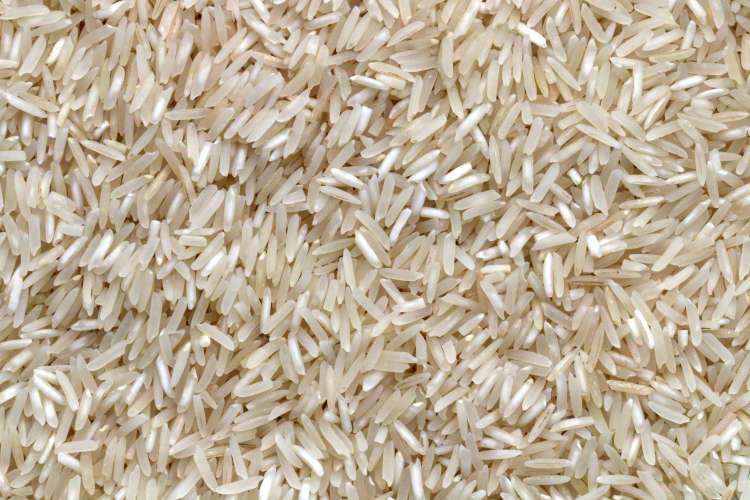
Free food grains scheme: Earlier this week, Prime Minister Narendra Modi announced the extension of a scheme which provides 5 kg of free food grain monthly to 81 crore Indians for five more years. The scheme was set to expire this December, and the decision reflects the recognition of India’s ongoing economic challenges. The 2022-23 Economic Survey had highlighted a decline in real wage growth, which is bad news for the ruling BJP ahead of the 2024 elections.
Launched in March 2020 during the first phase of the coronavirus lockdown, the Pradhan Mantri Garib Kalyan Anna Yojana (PMGKY) was aimed at alleviating the pandemic’s impact. Beneficiaries received an additional 5 kg of free food grains per month, supplementing their 5 kg entitlement under the National Food Security Act, at subsidised rates. The scheme was given an extended run after its expiry in December 2022. The Union Cabinet approved the provision of free NFSA rations for another year — a commitment which will be extended by another year.
READ | 70-hour workweek: Narayana Murthy’s suggestion a recipe for disaster
Why a free food grains scheme
Despite the government’s rejection of the Global Hunger Index, its actions suggest an acknowledgment of the stark reality of hunger and malnutrition in India. In the 2023 Global Hunger Index, India was ranked 111th among 125 countries, with a score of 28.7, indicating a serious level of hunger.
Regrettably, India trailed behind neighbouring countries — Pakistan stood at 102, Bangladesh at 81, Nepal at 69, and Sri Lanka at 60. According to the index, India’s rate of undernourishment is 16.6%, the under-five mortality rate is 3.1%, and the prevalence of anaemia among women aged 15 to 49 years is a staggering 58.1%. The Indian government has dismissed these findings, citing methodological flaws and alleging biases and inaccuracies in the ranking.
While the extended scheme may yield political gains for the ruling Bharatiya Janata Party (BJP), it is also undeniable that the PMGKAY mitigated the pandemic’s impact on the poorest of Indians. The Public Distribution System and PMGKAY have been lauded for not only ensuring basic food security but also for functioning as effective income support, allowing the impoverished to afford other essential commodities.
For the government’s efforts to be genuinely in the interest of the poor, it must acknowledge that the estimated 81 crore beneficiaries are still based on outdated Census 2011 data, and PDS entitlements are restricted to ration card holders within Union government-mandated quotas. Economists and food rights activists have pointed out that at least 10 crore deserving individuals could be excluded due to the absence of an updated population census, with India’s population has now surpassed 140 crore. However, some states have taken the initiative to expand benefits through the NFSA and other programs, recognising and addressing the gap.
From food security to nutrition security
Often, having three meals a day does not tantamount to proper nourishment. The government needs to address that in its present form, the PDS system does not offer wholesome nutrition. It has often been emphasised by critics that the PDS needs to diversify beyond cereals to proteins in the form of pulses and millets apart from edible oils. The food basket offered under PDS comprises chiefly food grains like rice and wheat, which provide calories to beneficiaries. However, that alone is not enough as protein and micronutrient deficiencies are prevalent in India.
Indians are troubled by nutritional deficiency and not hunger per say. Some of the nutritional deficiencies could be offset to some extent by more focus on promotion of food nutrient dense food items like millets through PDS. Hence, it is time the policy focus changed to address this. For this, setting up of community kitchens that provide balanced, cooked meals to the targeted population at subsidised prices may work even better.
Critics argue that such schemes lack the long-term sustainability of more structural welfare initiatives like free healthcare, education, and the rural job guarantee programme MGNREGA. Politics aside, these schemes should be evaluated as part of a broader social safety net. Historically, they have provided crucial relief during times of distress, enabled the government to better manage food buffer stocks, and reduced the wastage of procured food grains, particularly when Food Corporation of India’s procurement figures for rice and wheat are high.
Rights activists are now advocating for the universalisation of the PDS, arguing that targeted distribution systems are prone to errors and inefficiencies, leading to misallocation and diversion of food grains. They point to the success of universal PDS in states like Tamil Nadu, where anyone in need can access assistance, bypassing the pitfalls of a flawed targeting mechanism.
